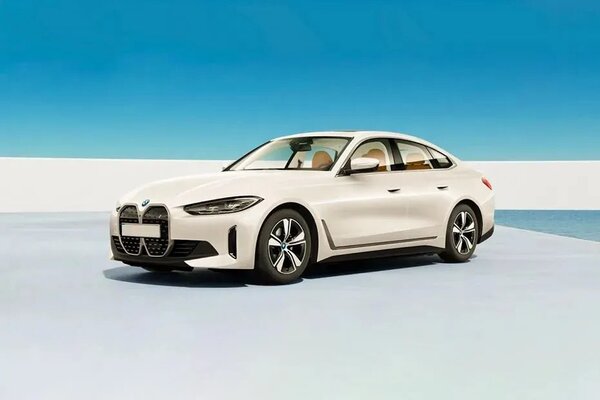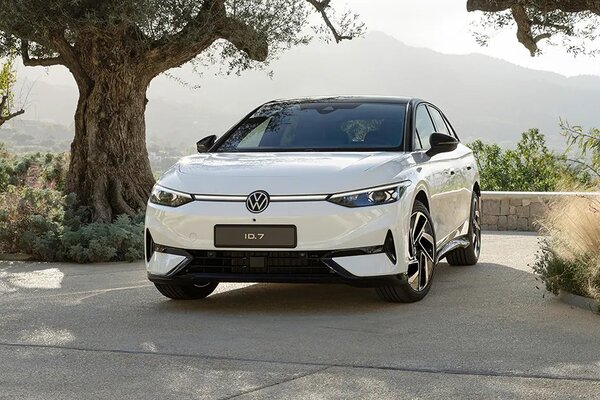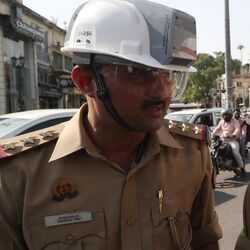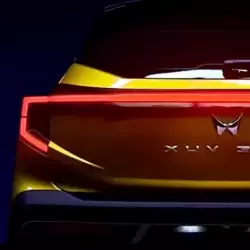Driverless cars will take away jobs, won't allow these in India: Nitin Gadkari
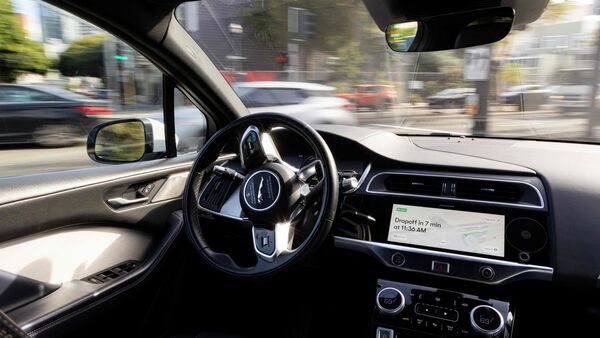

Elon Musk may believe that driverless cars are inevitable in the future but is India ready to take the leap? Even as the world debates on the viability and safety of cars that drive themselves, Nitin Gadkari, Union Minister of Road Transport and Highways, has emphatically said that such technology won't be allowed in India.
Addressing concerns over road safety at the Zero Mile Samvad hosted by IIM Nagpur, Gadkari slammed the door shut on autonomous or self-driving vehicles. “I will never allow driverless cars to come into India because it will take away the jobs of several drivers and I will not let that happen," he said. “The technology is meant for countries with small population but not India."
Also check these Cars
Highlighting how around 80 lakh drivers will lose jobs if autonomous cars are permitted to operate in India at some point in time in the future, Gadkari minced no words in expressing his opinion. “I said in the US itself that I will not allow driverless cars in India at any cost. This is because in our country, a large number of people work as drivers….driverless cars will, therefore, snatch their jobs."
Also Read : Gadkari postpones target to reduce road accidents in India by half
Although significant, this is not the first time that Gadkari has expressed his serious reservations against the possibility of allowing autonomous vehicles in India. In the past - July of 2017 and December of 2019, he had pointed to similar reasons for being against the idea of autonomous vehicles in the country.
What are autonomous vehicles and are they safe?
Autonomous vehicles are capable of driving themselves which means that human intervention is either limited or negated entirely. While it would obviously impact those who drive for a living, scores of people and agencies across the world have even expressed their doubts on letting machines operate independent of human intervention.


Autonomous vehicles make use of a number of cameras, sensors and radars to navigate actual public roads. ADAS or Advanced driver assistance systems have become increasingly common in cars of today - even many on Indian roads. The Society of Automotive Engineers (SAE) defines six levels of ADAS - from zero (entirely manual) to five (entirely autonomous).
At present, Level 1 and Level 2 ADAS systems are in place on a number of new cars in India. While the former allows for a single automated system - say, cruise control, the Level 2 system allows a vehicle to perform steering and acceleration adjustments on its own while requiring human attention and intervention if and when required. Level 3 is when a vehicle starts to assess environmental conditions like other cars, obstructions etc. Level 4 is when the vehicle is allowed to perform all driving tasks on its own and required Geofencing. Human override is permitted at all of these levels but at the highest Level 5, the vehicle operates itself on its own with no human intervention or attention required.
But at any level, is autonomous drive technology safe? Tesla is leading the charge with its AutoPilot system with CEO Musk claiming the technology negates possibility of human errors. But the company recently also issued a recall order for around two million of its electric vehicles to check a potential flaw with the same system. Many other manufacturers are also experimenting with a wide variety of systems but none have yet managed to get regulatory approvals anywhere in the world.







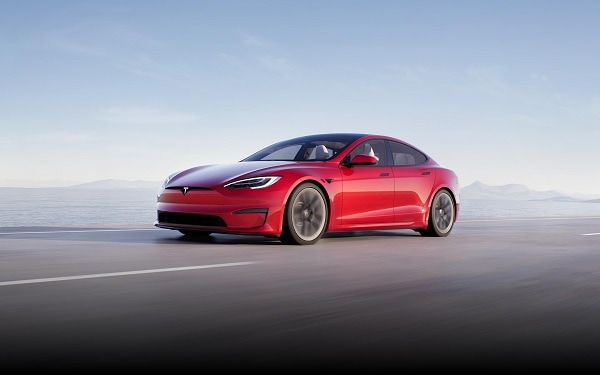
 75 kWh
75 kWh 396 km
396 km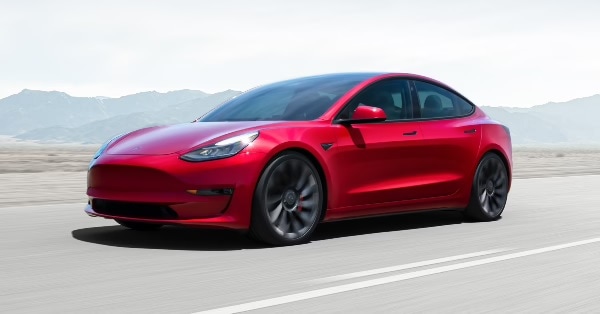
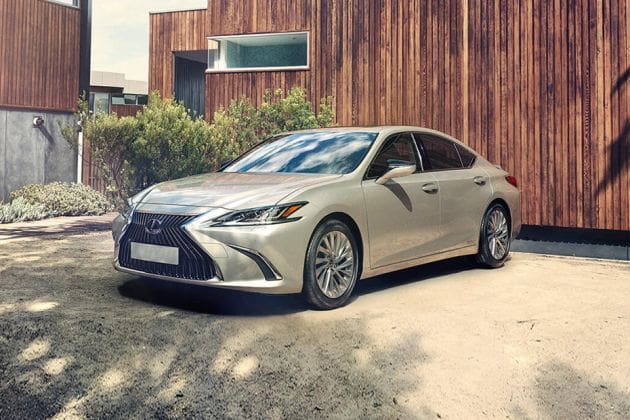
 2487.0 cc
2487.0 cc Multiple
Multiple